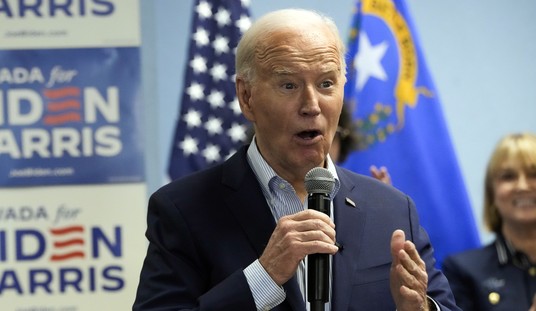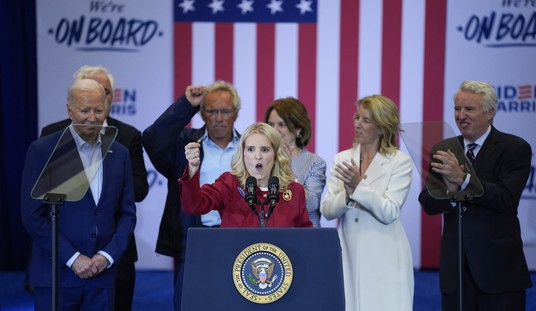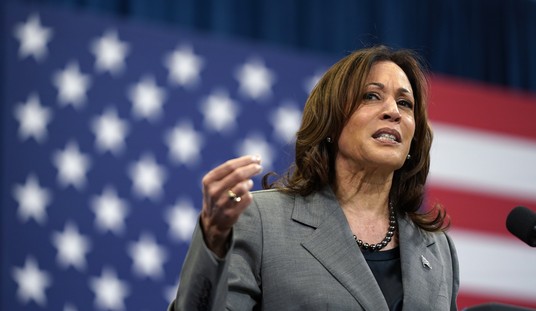
One of the top-grossing years ever hides some stark reality
As the calendar expired and the numbers were crunched Hollywood studios poured over the year end box office returns — and probably reached for the Advil (or whichever designer migraine reliever brand is all the rage in Malibu.) There was a dip in the year-over-year gross and, save for some strong performances in the final quarter of 2017, the year could have been borderline disastrous.
Sure, they offered out the big statistics; It was one of the all time highest years, as grosses crossed over the $11 billion mark for only the third time ever, and the top-10 titles all made at least $225 million each. But the book-cookers in Dream Land have some harsh figures that they cannot simply rewrite like a problematic franchise screenplay.
The annual gross of all films came in at $11.09 million, a drop of -2.55% over last year’s figures. This tally was very close to being staggeringly bad, except there were some stronger-than-expected titles during the last stage of the schedule that partially compensated for a horrible summer. The mid-year blockbuster segment was the worst in over a ten years, with select weekends delivering decades-worst returns.
That dip in the total box office coincided with a sharp increase in ticket prices. The National Alliance of Theater Owners just issued a year-end report that stated ticket prices increased by a sharp 3.7%. While the average price does not look all that dramatic ($8.96, up from $8.65 in 2016), what this disparity translates to is a stark drop in occupied seats.
That dip in the gross matched with a hike in prices means the amount of tickets actually purchased was significantly lower. It is estimated that 1.24 billion tickets were sold — the lowest amount in twenty four years. The reason this is an inexact figure is also why that $11 billion figure was so misleading: There are a number of premium formats — 3D, and IMAX theaters for example — that elevate ticket prices, as well as cities such as New York and Los Angeles that charge above-average rates. The total could possibly be even lower due to this premium pricing boosting the gross numbers.
What must be the most frightening to studios was the dismal summer returns, a season normally flush with money-printing titles. By the time the kids went back to school Hollywood saw such a dismal summer frame that revenues (not the gross) hit 18 year lows, as tickets sold were off from the previous summer by an alarming 92 million. This is not a wake up call; it is a clarion in studio offices.

At the same time, unchecked studio spending has been an increasingly jarring affair. Some of those titles that sputtered (or outright bombed) sported massively bloated production budgets. The DC comic book epic “Justice League” was a costly $300 million affair and ended up being a money-loser. The Warner Brothers reboot of “King Arthur” may have lost near $200 million for the studio. “Geostorm” was a $125 million disaster pic that did not even earn back the cost of its re-shoots. “Valerian and The City of One Thousand Planets” was a costly debacle that saw one financing company stock lose -8% value after the opening weekend. “Monster Trucks” was such a promised failure the parent company Viacom took a $100 million stock write down four months before it was even released.
This cannot be a sustainable business model. Increasing the spending voraciously on a product fewer people are consuming is a losing venture. Raising ticket prices to mask the reality of audience erosion will only be a band aid on a revenue wound that is hemorrhaging money.














Join the conversation as a VIP Member